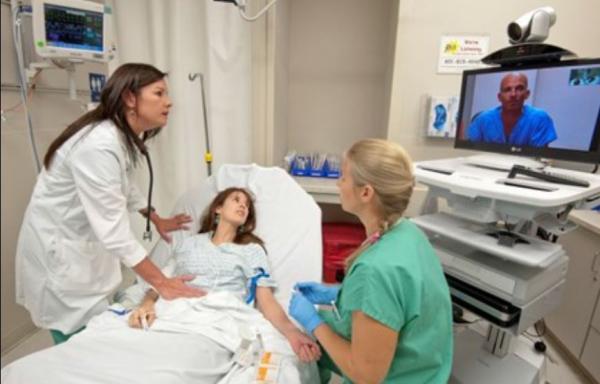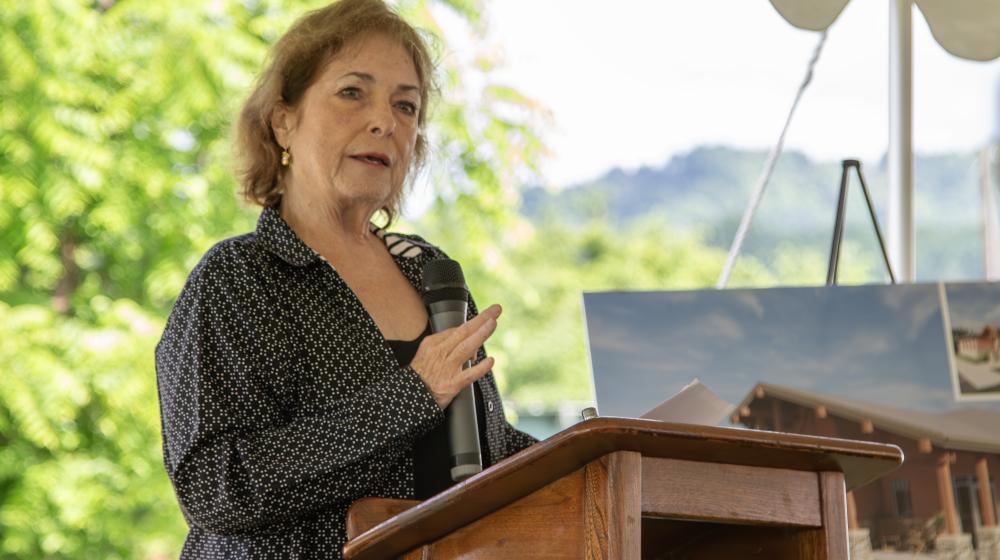
The story of Mount Rogers Community Services (MRCS) extends far beyond a single person or family. The ever-expanding narrative is more like a patchwork quilt of caring that covers six jurisdictions in Southwest Virginia.
Each story is personal because Chief Executive Officer Sandy Bryant and her team are on a mission to ensure that residents with mental health issues, developmental disabilities and substance use disorders can readily access basic necessities like food, showers, clean clothes and medical care. That’s a daunting prospect when you consider that their catchment area extends over 225,000 square miles and includes around 116,000 people.
“We’re the fourth or fifth largest of 40 community services boards in the state of Virginia,” says Bryant. “We served over 10,000 people in the last fiscal year with a penetration rate of 7.5 percent of the population. We're very proud of that because it was less than three percent six years ago and that means our services are now more accessible.
We have walk-in centers in Wytheville, one on the Smyth Campus and one at our Twin County facility. People know that they can get same day access to services for patients of all ages from infants to geriatrics.”
With such a broad range of potential clients and health care needs, Bryant knew that capacity would be an issue in continuing to provide quality care for this rural community. She reached out to USDA Rural Development (RD) for assistance in funding an $11 million expansion project at the Smyth location.
Matching state and private funding will be combined with a $5 million Emergency Rural Health Care Grant to relocate, renovate and reimagine many of the services the organization currently provides. The Smyth Crisis Receiving Center will be moved on campus to provide seamless coverage and the Adult Crisis Stabilization Unit (CSU) expanded from 8 to 12 beds. A separately funded project provides for a new children's receiving center in Wytheville with a 12-bed CSU.
“We're doing the medical workups so that the emergency room doesn't have to deal with a lot of psychiatric emergencies, but we don’t have a place to receive younger patients,” says Bryant. “Rural Development has made that possible for us with the same options in Smyth as the full campus in Wytheville.”
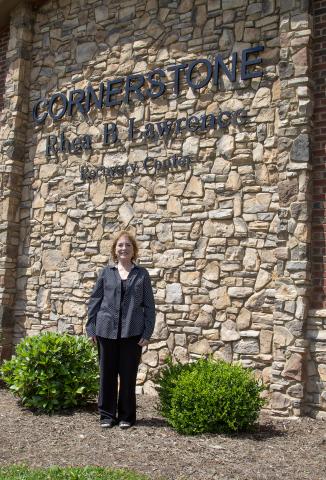
RD is also investing in the expansion of the Smyth County Counseling Center and construction of the first peer center in far Southwest Virginia to fill what Bryant considers to be a gap in current programming. The model has worked in other places in the state, and she’d like to replicate it in her coverage area.
“Individuals who are really struggling can walk in any time and talk to a peer who is in recovery,” says Bryant. “This is very, very important. They will be able to get food because we have a partnership with Feeding Southwest Virginia. They can shower, put on some clean scrubs, and wash their clothes in peer centers in Wytheville, Galax and Smyth.”
RD investments include an expansion of the Rhea B. Lawrence Recovery Center to add a second eight-bed unit that will double the space available for residential care. The program offers short-term crisis stabilization services and medically managed withdrawal services for adults with peer support as a cornerstone service.
Mount Rogers has also purchased a property that they hope to open as a recovery house for men this year and has plans to add three others between 2025 and 2027. The organization’s permanent supportive housing team has been very successful in addressing this challenge for the mentally ill as well, working to place people coming out of state hospitals.
“It’s very hard to find landlords who will put up with some of the behaviors of those who suffer from chronic, severe mental illness,” explains Bryant. “We wrap services around them to help find stable housing situations.”
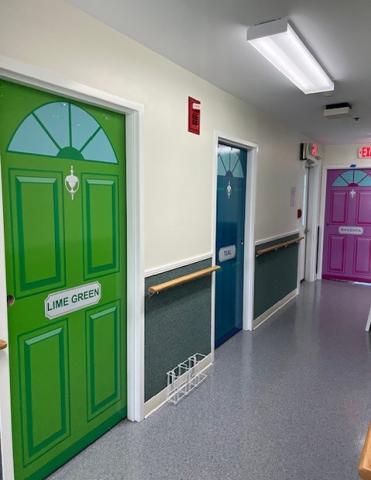
The aging population is another top priority for the 66-year-old administrator who says that one in five residents in her catchment area is over 65 (one in four in Grayson County). She developed and now oversees a state pilot project to test a new approach to caring for seniors with dementia.
“We had more geriatric patients than we had children, and we didn't have a place for them to go,” said Bryant. “I wrote up a proposal and sent it to the Department of Behavioral Health. They said, ‘Yeah, go for it’ and we're doing it.
“We've taken individuals from every state hospital in Virginia, stabilized them, and placed them in units at two nursing homes, one in Marion and one in Wythe, where staff train them to manage their aggressive behaviors. We've probably discharged over 100 individuals from across the state and placed them in their forever nursing homes.”
Director of Operations Kathy Cressel has worked closely with Bryant for six years, first as her assistant and now in her current position. Like Bryant, she is very invested in the services the organization provides.
“We have lots of success stories that we’re really proud of and are happy that so many people want to share how we’ve been able to change their lives,” says Cressel. “I’ve gotten a chance to visit our group homes for developmentally disabled individuals in this new role.
“We have become their family and they’re integrated into the community instead of living their lives out in a state hospital. They love to see us when we come, and it just touches you to see how they respond.”
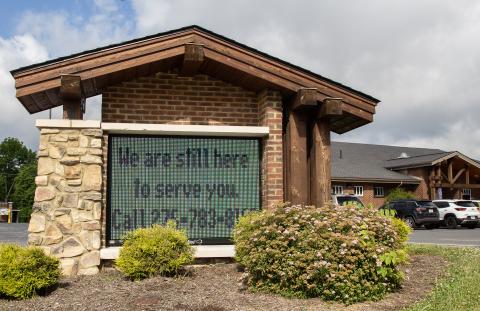
While Bryant and her team are happy to share the many positive outcomes from Mount Rogers’ programs, their commitment to making a difference in the community is equally evident in challenging cases like that of J.E., a 54-year-old male diagnosed with schizoaffective disorder, delusions and psychosis. He had been hospitalized six times before transferring for a trial stay in August of 2023.
This client loves to read and draw and had begun volunteering at the local library before a setback that landed him in the hospital after racking up $20,000 in damages to the unit where he was staying. While others might hesitate to continue treatment, the Mount Rogers team isn’t ready to throw in the towel just yet.
“We're going to take him back as soon as he's stable,” adds Bryant. “I'm going take him back."
Just one more square added to a quilt that will grow even larger with this latest investment and collaboration in Smyth County.

